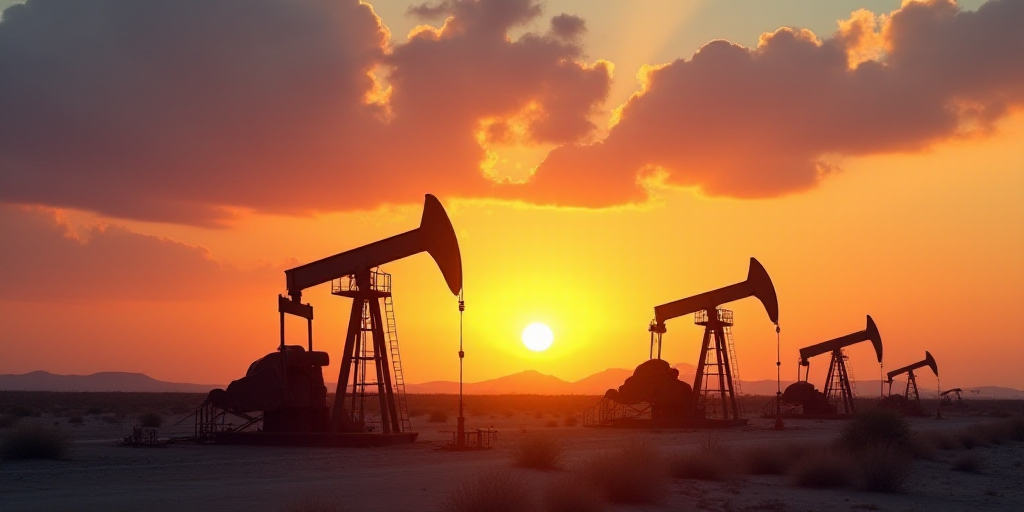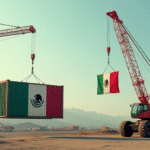Russian Refinery Attacks and Potential Sanctions Impact Global Oil Market
Despite recent geopolitical tensions, oil prices have remained relatively stable. The Brent crude oil benchmark for November delivery increased by 0.16%, reaching $69.42, while the West Texas Intermediate (WTI) crude oil benchmark for November fell slightly by 0.02%, trading at $64.98 per barrel.
Russian Refinery Attacks and Their Impact
Several Russian refineries have been targeted in recent days, including some of the largest in the country. These attacks have affected Russia’s industrial capacity, raising concerns about potential supply disruptions.
- Notable attacks on Russian refineries have occurred, impacting their operational capabilities.
- The increased risk of supply interruptions is attributed to Ukrainian attacks on Russian petroleum infrastructure.
Geopolitical Pressure and Sanctions Threat
The possibility of US and European sanctions against Russia further contributes to the upward trend in oil prices.
- During a White House reception, US President Donald Trump urged Turkish President Recep Tayyip Erdogan to stop purchasing Russian oil.
- Trump also criticized the European Union for buying Russian crude, calling it “unacceptable.”
- Under this pressure, the European Commission is proposing to increase tariffs on Russian crude, which Hungary and Slovakia still import.
Supply and Demand Dynamics
Analysts warn that a significant reduction in Russian oil production or exports could lead to a global supply shortage.
“If Russian oil production or exports were to decrease substantially, the world market could face an offer shortage,” explained Rob Thummel from Tortoise Capital Management.
However, the current market sentiment is dominated by expectations of an oil surplus.
“We are still in a market environment where there’s fear of potential inventory build-up in the fourth quarter,” said Arne Lohmann Rasmussen, an analyst at Global Risk Management.
OPEC+ Production Increases
In recent months, the Organization of the Petroleum Exporting Countries and its allies (OPEC+) have significantly increased production, raising concerns that supply might outpace demand.






